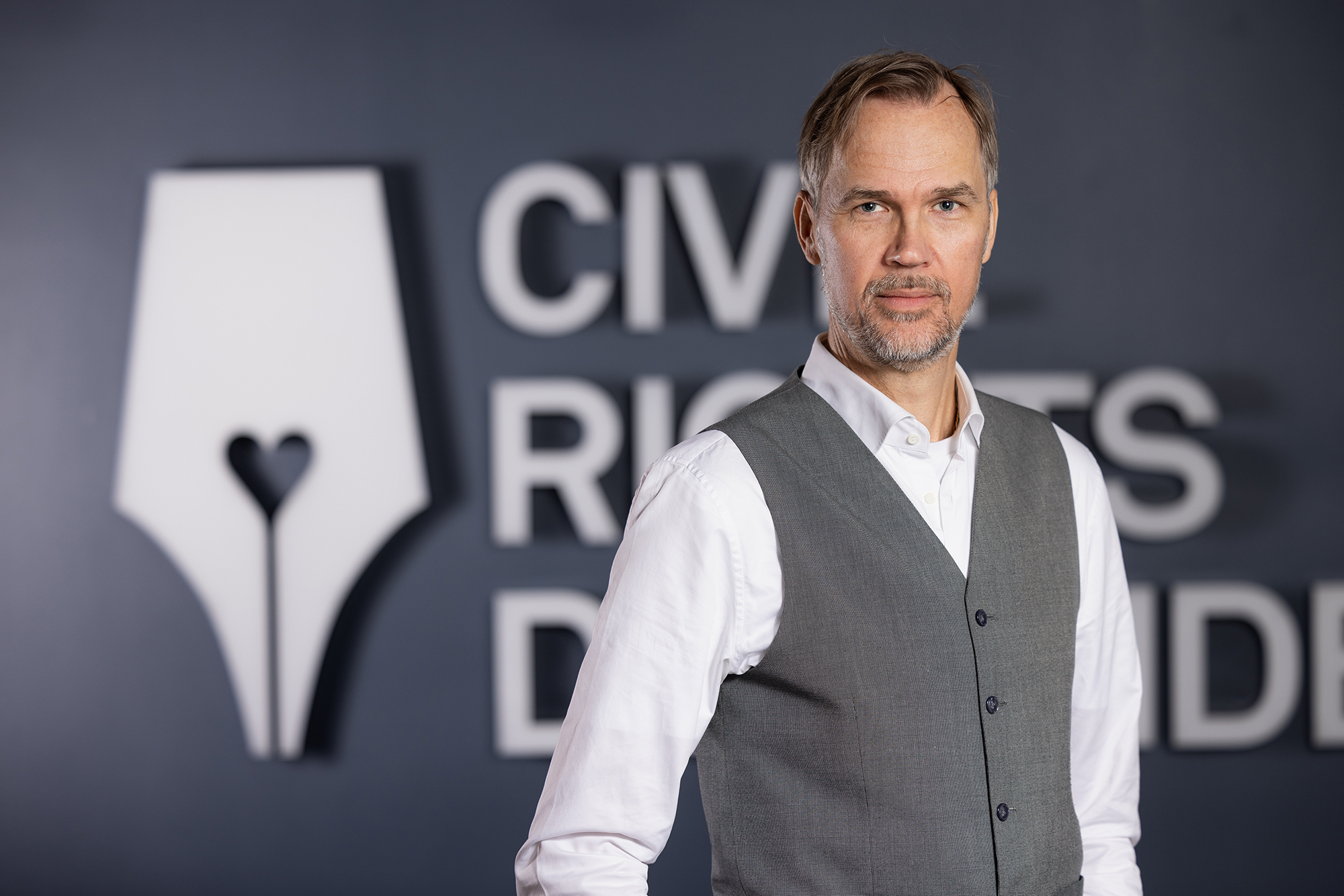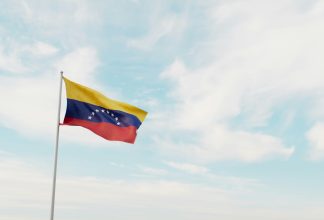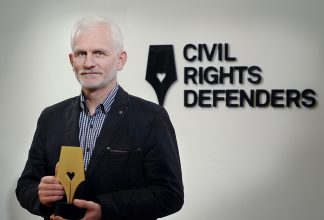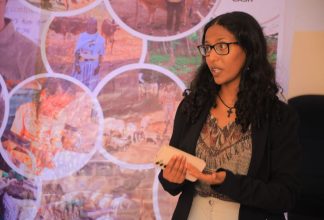Civil Rights Defenders’ 40 year anniversary
Today marks 40 years since Gerald and Monica Nagler founded the Swedish Helsinki Committee, which today is the international human rights organisation Civil Rights Defenders. The aim was then as now to support the world’s bravest people – human rights defenders.
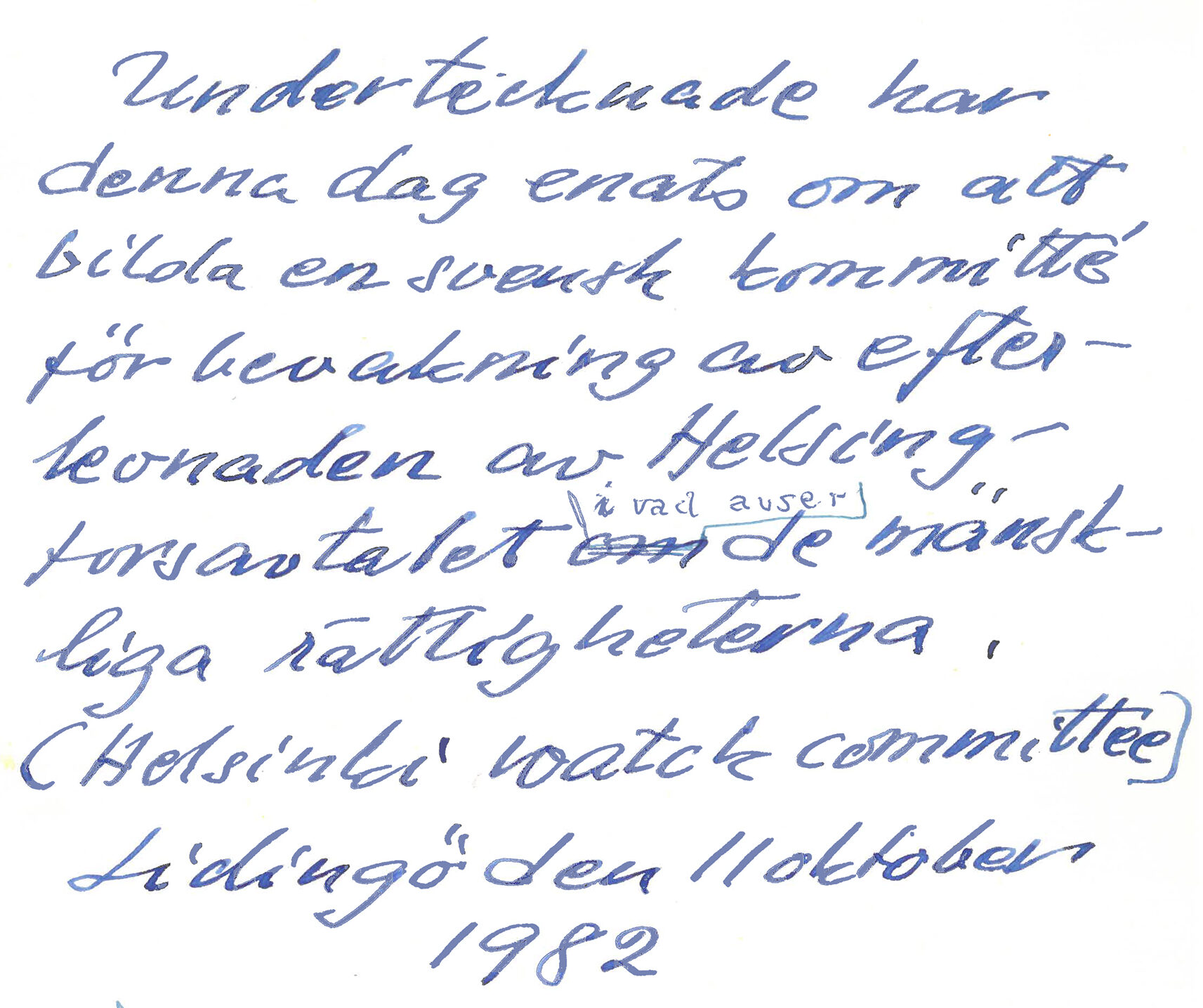
On 11 October 1982, Gerald and Monica Nagler wrote the document that laid the foundation for the Swedish Helsingsforskommittee, today Civil Rights Defenders, together with 15 other co-founders in their kitchen in their home on Lidingö. Prior to the foundation, Gerald and Monica realised that they themselves were relatively unknown. Instead, they gathered many well-known Swedish politicians, academics, and cultural figures who expressed support for the initiative, including the writer Astrid Lindgren and the comedian Tage Danielsson.
Back then, the primary purpose was to support vulnerable human rights defenders in the Soviet Union and other countries within the Eastern Bloc, to draw attention to the persecution of them and to demand that those who were imprisoned should be released and their rights respected.
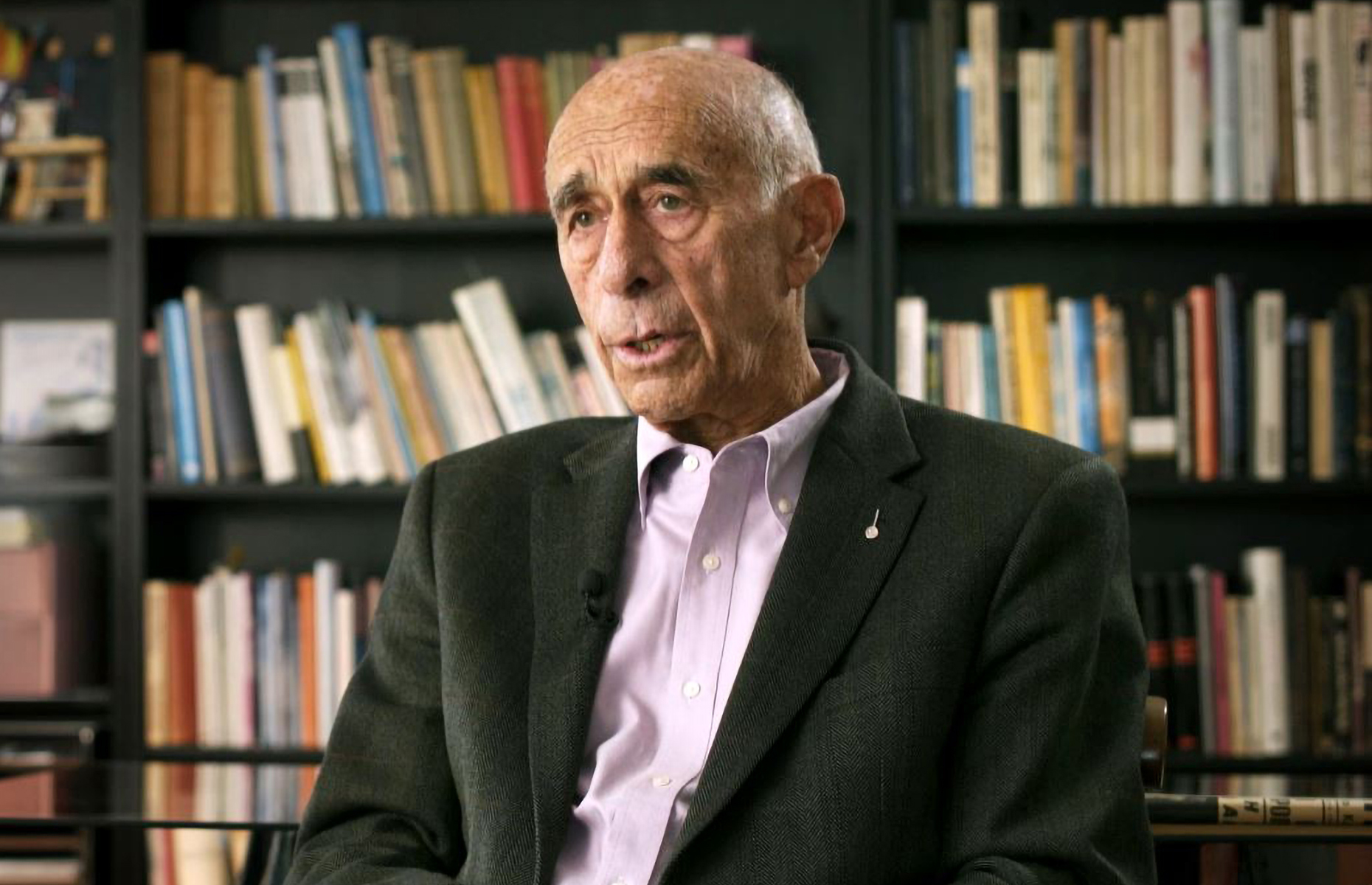
“Today we pay attention to Civil Rights Defenders’ 40-year fight for human rights and democracy. We celebrate all the thousands of brave people we have worked with. Some famous, but the vast majority unknown men and women, who, without receiving any recognition for their work, risked their lives for freedom, democracy and human rights”, says Hanna Gerdes, Chairperson of the Board at Civil Rights Defenders.
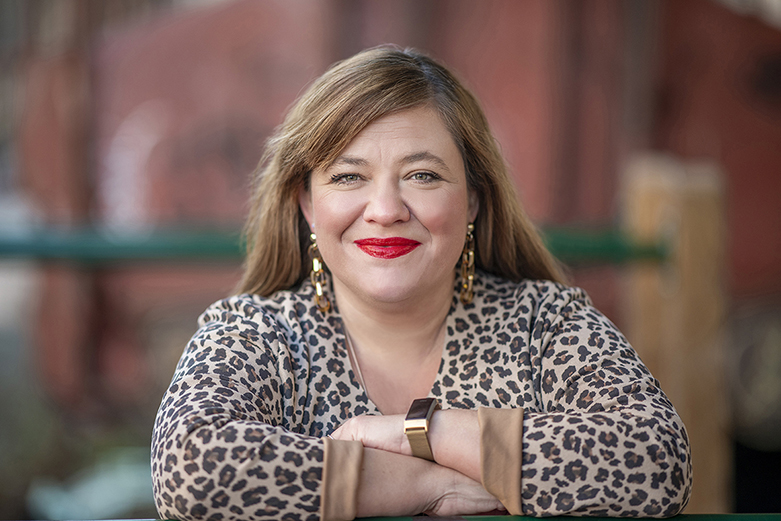
One of many Helsinki Committees
The Swedish Helsinki Committee was one of many national Helsinki Committees established at the time to monitor compliance with the Declaration of Helsinki signed in 1975 by 35 countries, including the Soviet Union, to ensure security and cooperation after World War II. In the final text, it is explicitly stated that respect for human rights is a prerequisite for peace and friendly relations between the states.
What started as an idea at Gerald and Monica’s home has today grown into a global human rights organisation.
After the fall of the Berlin Wall, the organisation gradually shifted focus and working methods. The dissolution of the former Yugoslavia and the subsequent wars in the 1990s meant that the organisation began work in the Western Balkans, which is still very extensive today. The state-controlled media was used in all the Yugoslav republics as part of the warfare to whip up hatred between ethnic groups. The work was primarily about supporting the good forces that existed and creating conditions for more independent sources of information that could balance the official image that was conveyed.
During the 2000s, questions about how Sweden lived up to its human rights commitments began to become an increasingly important part of the organisation’s work, both regarding secret surveillance and where the international fight against terrorism resulted in several gross violations of human rights in Sweden.
Today, Civil Rights Defenders supports thousands of human rights defenders in over 50 of the world’s most repressive countries on four continents.
“We are proud of what we have achieved together, but we are far from done. Unfortunately, we see that democratic development is rather going backwards in many parts of the world. Despite that, the movements for democracy and human rights are growing in size and strength. We have an obligation to continue supporting these movements and still have a lot of work ahead of us”, says Anders L. Pettersson, Executive Director at Civil Rights Defenders.
